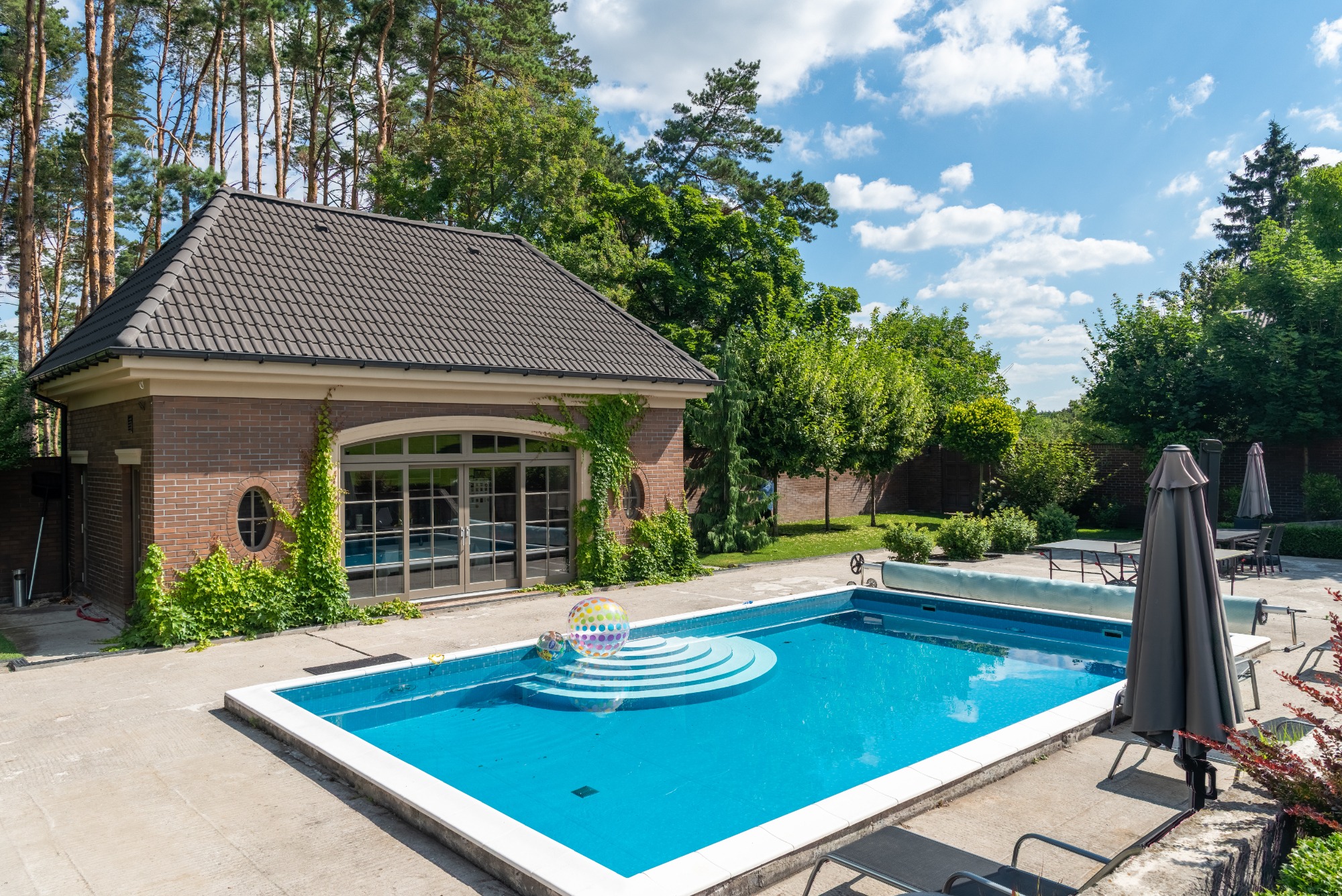
Introduction
Cleanliness and housekeeping have been pivotal aspects of human civilization, evolving over time in response to cultural, technological, and social changes. Exploring the historical context of cleanliness offers valuable insights into how societies viewed and practiced hygiene throughout different eras.
Ancient Civilizations: Ritualistic Cleanliness
In ancient Egypt and India, cleanliness held profound spiritual significance. Egyptians believed it reflected divine purity, and Hindus emphasized physical and mental cleanliness as part of their religious practices.
Medieval Europe: Social Class and Cleanliness
Medieval Europe witnessed a stark contrast in hygiene practices. The affluent elite indulged in frequent baths, while the lower classes often lived in unhygienic conditions due to limited access to sanitation facilities.
The Renaissance: Revival of Personal Hygiene
During the Renaissance, a renewed interest in classical ideas brought a revival of personal cleanliness. Public baths became popular among the upper classes, and people started emphasizing personal hygiene as a mark of sophistication.
Industrial Revolution: Sanitation Challenges
The Industrial Revolution brought about rapid urbanization, leading to overcrowded cities and poor sanitation. This led to the spread of diseases, prompting a growing awareness of the crucial link between cleanliness, hygiene, and public health.
Modern Sanitation: A Healthier Future
Advancements in sanitation and public health in the late 19th and early 20th centuries marked a turning point. Indoor plumbing, sewage systems, and better waste disposal significantly improved living conditions and reduced the prevalence of infectious diseases.
Cleaning Products and Consumerism
The 20th century witnessed a surge in consumerism and an abundance of cleaning products and gadgets. Technological innovations, such as vacuum cleaners and washing machines, revolutionized housekeeping and made it more efficient.
Modern-Day Housekeeping: Embracing Sustainability
In the present era, there is a growing awareness of the environmental impact of conventional cleaning products. Many individuals and households are now shifting towards eco-friendly alternatives and minimalist practices to promote sustainability.
Conclusion
The historical journey through cleanliness and housekeeping showcases how societies have valued and approached hygiene over time. From ancient rituals to modern sustainable practices, the pursuit of cleanliness continues to shape our living spaces and influence public health, emphasizing the importance of striking a balance between convenience and environmental responsibility.
- AirBnB & Short Term Rental Cleaning
- Apartment Cleaning
- Cleaning Service In Rhode Island
- Commercial Cleaning
- Decluttering
- Deep Cleaning
- Floor Cleaning
- hospital cleaning
- Move in/Out Clean
- Office Cleaning
- Recurring Clean
- Rhode Island Maid Service
- Spring Cleaning
- Standard Cleaning
- Window Cleaning
Categories

Stay Updated
We will send you info about our business